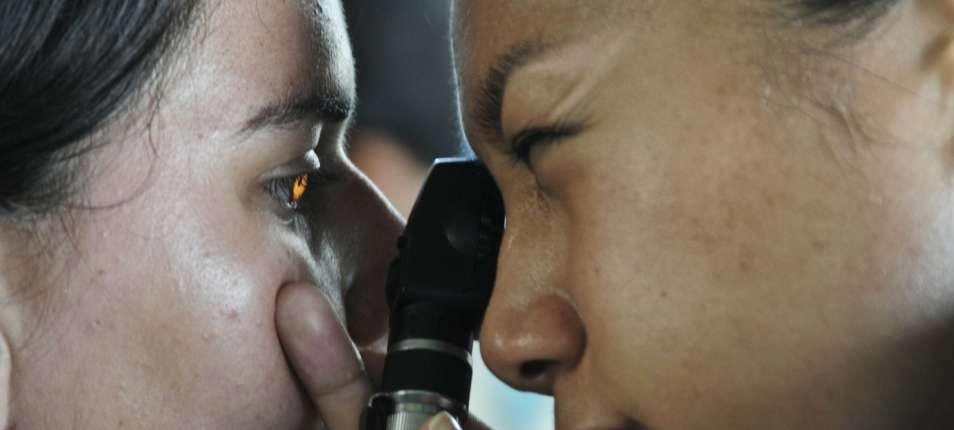DO YOU NEED A MEDICAID COMPLIANCE PROGRAM?

If your organization submits Medicaid claims of at least $500,000 in any consecutive 12-month period, the answer is likely “yes.” Organizations that bill Medicaid on behalf of themselves or another person or persons, are required by New York State Social Services Law to have a compliance program.
Your compliance program must meet specific criteria established by the State Board of Compliance (BOC). In broad strokes, the BOC stipulates that you must have systems in place to detect and correct errors prior to billing Medicaid.
Mandatory elements
The BOC lists eight mandatory elements of a compliance program. They include:
- Written policies and procedures;
- A designated employee who is responsible for the compliance program;
- Training and education of all employees;
- Clearly established communication channels that allow compliance issues to be reported;
- Disciplinary policies to encourage good faith participation in the compliance program;
- A system to identify compliance risk areas;
- A system for responding to compliance issues as they are raised;
- A policy of non-intimidation and non-retaliation for participation in the compliance program.
Areas of compliance
Compliance programs should take into consideration key functions within your practice, including
- Billing
- Payments
- Medical necessity and quality of care
- Governance
- Mandatory reporting
- Credentialing
- Other risk areas that are or should with due diligence be identified by the provider
SSL Certification
Medicaid providers who are obligated to have a compliance program must certify their programs at the time of Medicaid enrollment, and annually each December.
For additional information as well as links for electronic SSL certification, visit https://omig.ny.gov/compliance.
HITS Consulting Group is available to assist you with this process. To learn more, email us at compliance@hitscg.com or call 212.979.0330.
